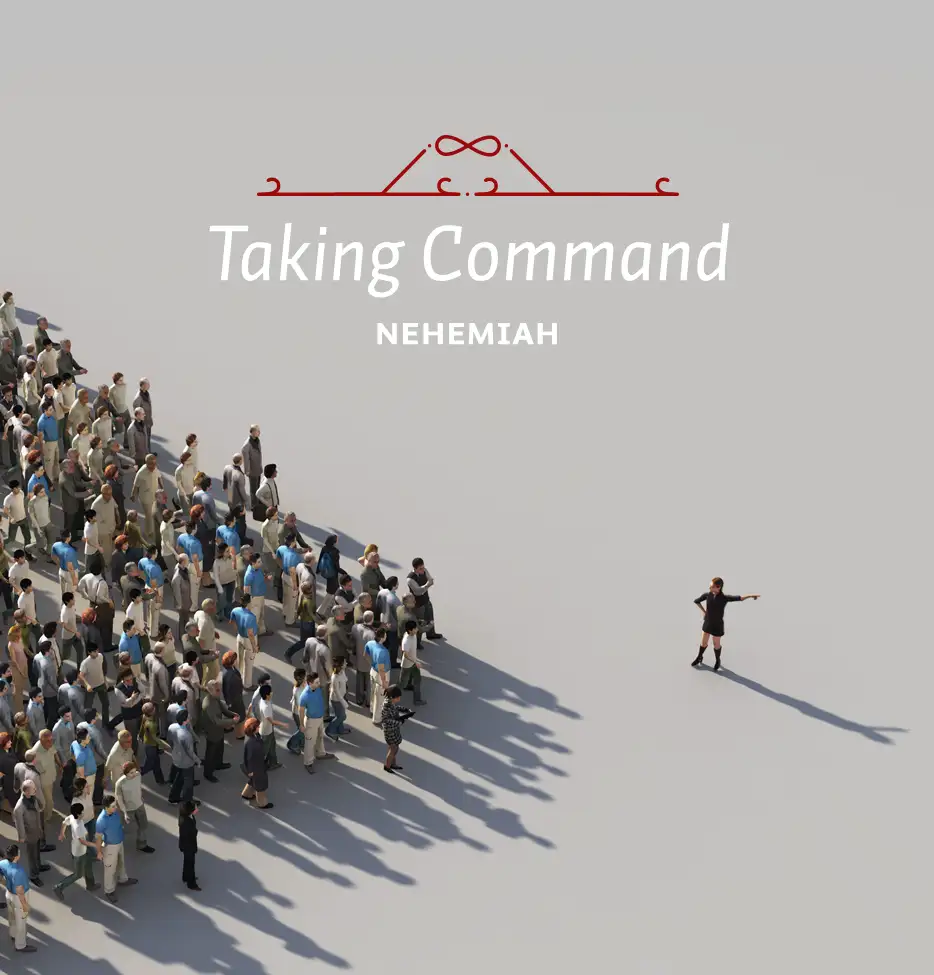The final step of Nehemiah’s success in arousing the people to rebuild the walls was his skill in taking them into his confidence, in the sense that he kept them informed. Of what? At this stage it was the progress already attained. It had two parts. First, there had been a victory at the highest level: the king had altered his policy to permit the rebuilding. Second, God was behind the great project. Nehemiah reports, “I also told them about the gracious hand of my God upon me and what the king had said to me” (v. 18). If you are trying to lead others, don’t forget this element. Keep people informed of what is happening. It is said of Martin Luther that one reason why he was successful in leading the Reformation was that he kept the German people informed of what was happening and what he was doing at each stage.
In the earlier part of this chapter, after his conversation with King Artaxerxes, Nehemiah reports: “It pleased the king to send me” (v. 6) and “The king granted my requests” (v. 8). This section ends similarly: “So they began this good work” (v. 18). Simple! Yet significant! There was much to do; there would be problems yet. But the work was underway.
Notice the word “good.” J. G. McConville in his study of Ezra, Nehemiah, and Esther has a wonderful section in which he comments on the use of “evil” and “good” in this chapter. It is hidden in most English translations. But we should note the following. When Nehemiah’s face is said to be “sad” in verses 1-3, the Hebrew word is actually ra, which means “evil.” The same word is used when Nehemiah directs the people’s attention to the “trouble” of Jerusalem (v. 17; also 1:3). By contrast, when we are told that Nehemiah’s request “pleased” the king (vv. 6-7), the word is tov, which means “good.” The sentence literally says, “It was good to the king.” In verses 8 and 18, it is literally “the good hand of my God was upon me.” Finally, “so they began this good work.” McConville writes:
Underlying the action in this chapter, therefore, is a conflict between good and evil. Everything that serves the interests of the returned exiles—the king’s decision, the rebuilding of the walls—is good; all that tends towards, or is the product of, their loss—the broken walls, Nehemiah’s grief, the aspirations of Sanballat, Tobiah and Geshem—is evil. The clear implication of verse 10 is that the opposition to Judah from these powerful leaders is a spiritual thing.1
That is profoundly true, and it is no less true for us. If you are trying to serve God faithfully, then you are also engaged in spiritual warfare (cf. Eph. 6:10-18). Everything that tends to your victory is good. Everything that tends to your defeat is evil. If you can see that, it will make a great difference in how you fight the battle.
1J. G. McConville, Ezra, Nehemiah, and Esther in The Daily Study Bible—Old Testament Series, ed. by John C. L. Gibson (Philadelphia: The Westminster Press, 1985), 82






